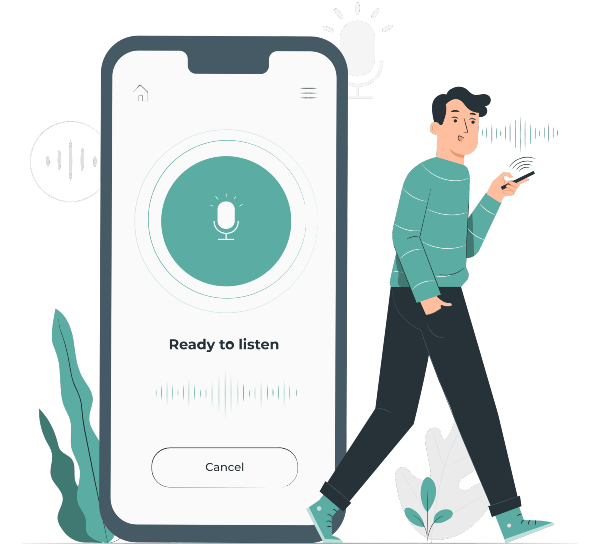Short Definition: What exactly is a ranking factor? Ranking factors describe the criteria that search engines apply when evaluating web pages to compile search results rankings. Ranking factors can refer to a website's content, technical side, user experience signals, backlink profile, or any other characteristics that the search engine considers relevant. Understanding ranking factors is a key condition for effective search engine optimization.

- Content:
Google wants to show the most useful result for a query, so it's essential to cover everything searchers want to know. It's about covering what's important to the searcher and what type of content they expect to see.
It's not just about content length, though. Longer content isn't always better.

- Backlinks:
One of the most important factors for Google is no. domains that link to your site.
- Getting links happens using PR techniques and tools, and Link Building. Link Building is all about driving valuable and relevant links to your site.
- Not all backlinks are created equal. Lots of factors contribute to a backlink's ability to help SEO, and the 2 big ones are Relevance (blogs on the same topic, links from the same country) and Authority (Backlinks from powerful sites help the most with SEO).

- Search intent:
Google doesn't rank the same type of content for every search.
For example, someone searching for "buy dresses online" has a transactional intent. The searcher wants to see products that they can buy. This is why Google displays e-commerce category pages.
Someone who searches: "distance Chisinau - Paris" has an informational intention, for this reason, informative resources such as Wikipedia will appear in the top.

- Site loading speed:
As of May 2021, Google has made website loading speed a part of its Core Web Vitals (a set of factors that Google considers important to the user experience on your website). It looks at speed, responsiveness, and how quickly different elements such as fonts and images load.

- Compatibility with mobile devices:
Almost 2/3 of searches happen on mobile, so it's no surprise that Google has made proper and convenient mobile displays a ranking factor.
In July 2019, Google even started indexing the mobile version as the first site variant to be indexed (indexing = storing a copy of your website pages in the Google database).

- Site authority:
- a ranking metric that shows the site's expertise on a particular topic and its ability to rank in search engines;
- domain authority assigns a score between 1 and 100. The higher the domain authority, the higher the chances of ranking in Google;
- now there are different ways you can increase your website authority. You can start by purchasing high-quality backlinks. But sometimes having a lot of backlinks doesn't guarantee a higher rank. This is where you need to create amazing content focused on your industry.

- Keyword optimization:
• Use the keyword in the title tag at least once: keep the keyword phrase as close to the beginning of the tag as possible.
• Once prominently at the top of the page.
• At least 2 -3 times (including variations) in the text of the page. Maybe, even a few more times, if the text is long enough. You will probably be tempted to use these keywords more than once, but experience shows that this does not bring value from an SEO perspective, quite the opposite.
• At least once in the "Alt" attribute of an image on the page. This will not only help you increase traffic from web searches, but also from image searches.
• Once in the URL.
• At least once in the meta description.

8. Site structure:
The architecture of your website is important from a crawling and indexing perspective. It allows Google crawlers to easily find your site and pages.
- Security (HTTPS):
- HTTPS improves security for visitors by encrypting the data transmitted between your browser and the site's server.
- In 2014, Google announced HTTPS as a "lightweight" ranking signal. Since then, Google has strengthened its commitment to HTTPS and now displays the warning: "Not secure" in Chrome when you visit an unencrypted page.

- User experience - Google only wants to display content that gives visitors a positive experience:
- Easy-to-read content
- Well-organized site
- Interesting and useful content
- Responsive site on different devices
- No intrusive ads
- Designed with user needs in mind.
How could Google measure user satisfaction? Through metrics such as Click-through rate (CTR), time spent on the page, and site bounce rate.
